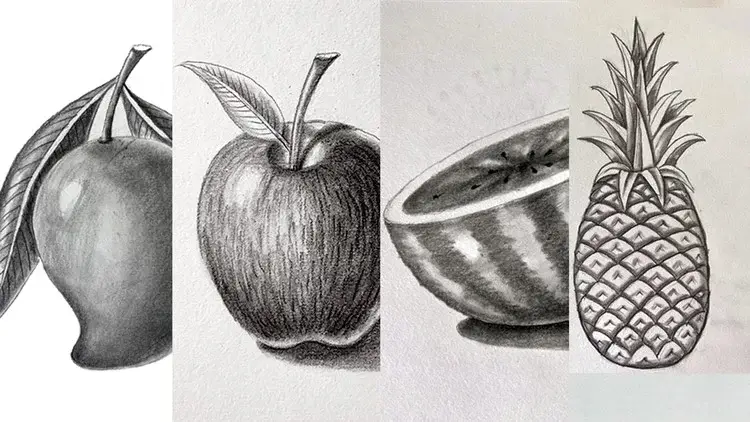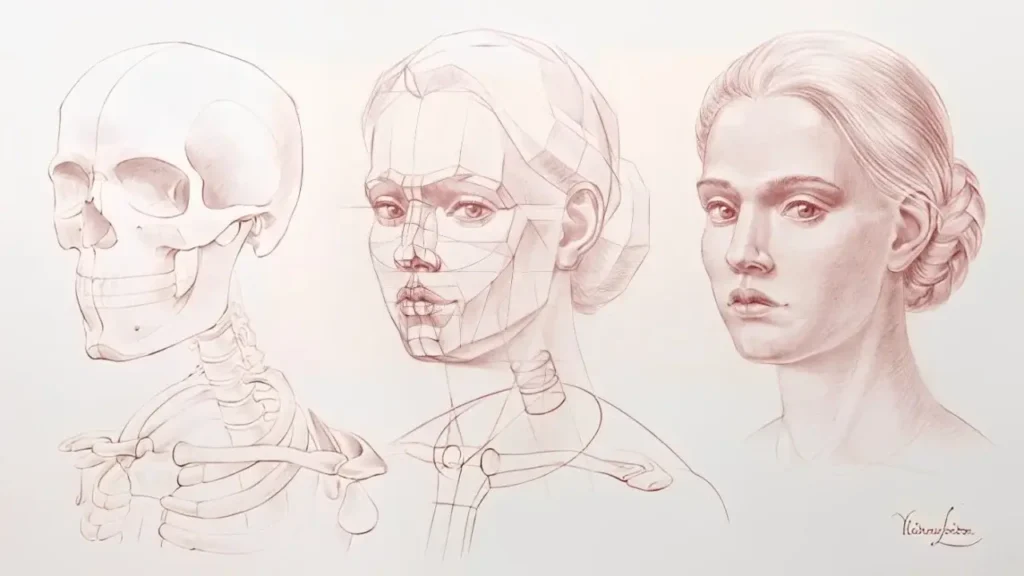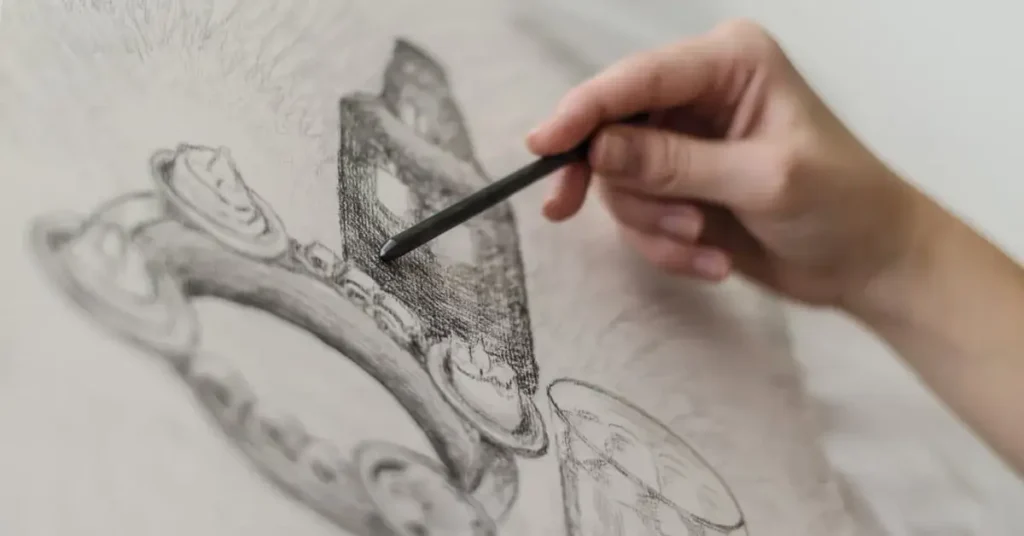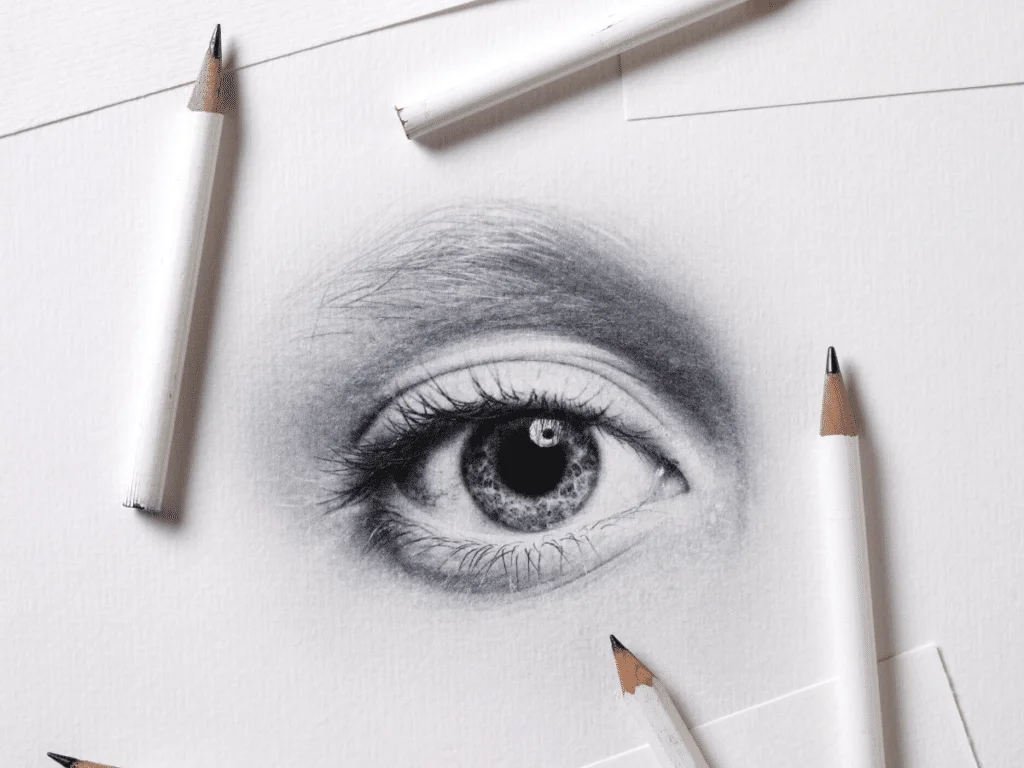Sketching is a rewarding yet challenging pursuit that many people embark on with varying levels of commitment and experience. Whether you’re picking up a pencil for the first time or you’re looking to refine your existing skills, one of the most common questions is: How long will it take to improve your sketching? In this comprehensive guide, we’ll explore what factors influence your progress, practical tips for accelerating your improvement, and set realistic expectations for your artistic journey.
Understanding the Basics of Sketching Improvement
Before we dive into the specifics of improvement timelines, it’s essential to understand what sketching entails. Sketching is a form of drawing where the focus is on capturing the essence and structure of a subject quickly. Unlike detailed artwork, sketches are often characterized by their loose and spontaneous nature.
1. The Importance of Consistent Practice
Improving your sketching skills requires regular and consistent practice. Just like learning a new language or musical instrument, the more you practice, the better you become. Consistency helps build muscle memory and enhances your ability to translate what you see onto paper.
Tip: Aim for at least 30 minutes of sketching practice each day. Short, frequent sessions are more effective than occasional long sessions.
2. Setting Realistic Goals
Setting realistic goals is crucial for maintaining motivation. Instead of aiming for perfection, focus on incremental improvements. Set specific, measurable goals like improving your ability to draw proportions or experimenting with different shading techniques.

3. The Role of Feedback and Critique
Receiving constructive feedback from others can significantly accelerate your learning process. Engage with fellow artists, join sketching groups, or seek feedback from a mentor. Critiques help you identify areas for improvement and gain new perspectives on your work.
Factors Affecting the Timeframe for Improvement
The time it takes to improve your sketching skills varies based on several factors. Let’s break down some of these key elements.
4. Your Current Skill Level
Your current skill level plays a significant role in how quickly you improve. Beginners may see rapid progress as they learn fundamental techniques, while more experienced artists might focus on refining their style and tackling more complex subjects.
5. The Quality of Your Practice
Not all practice is created equal. Deliberate practice, which focuses on specific areas of improvement and pushes your boundaries, is more effective than mindlessly drawing. Pay attention to details, practice with intention, and work on areas where you struggle.
6. The Complexity of Your Goals
The complexity of your goals impacts the timeframe for improvement. Simple goals, like mastering basic shapes or lines, can be achieved relatively quickly. More complex goals, such as developing a unique artistic style or mastering advanced techniques, may take longer.
7. Time Spent Practicing
The amount of time spent practicing directly affects how quickly you see improvement. More practice generally leads to faster progress. However, quality matters more than quantity, so ensure your practice sessions are focused and productive.
8. Your Learning Resources
Utilizing effective learning resources can enhance your progress. Books, online tutorials, workshops, and art classes provide valuable insights and techniques that can expedite your improvement. Choose resources that align with your learning style and goals.

Typical Timeframes for Improvement
Understanding typical timeframes can help set realistic expectations for your artistic journey. Here’s a general overview of what to expect:
9. Beginners: 3 to 6 Months
For beginners, significant progress is often visible within 3 to 6 months of regular practice. During this period, you’ll grasp basic techniques, improve your hand-eye coordination, and develop a foundation for more advanced skills.
10. Intermediate Artists: 6 to 12 Months
If you’re at an intermediate level, expect to see noticeable improvements in 6 to 12 months. During this time, you’ll refine your techniques, experiment with different styles, and tackle more complex subjects with greater confidence.
11. Advanced Artists: 1 Year and Beyond
For advanced artists, improvement is a continuous journey. You may notice ongoing enhancements in your skills over 1 year and beyond as you delve into more intricate techniques, develop a unique style, and explore advanced artistic concepts.
Tips to Accelerate Your Sketching Improvement
To speed up your progress, consider incorporating the following strategies into your practice routine:

12. Experiment with Different Techniques
Exploring various sketching techniques, such as cross-hatching, stippling, and contour drawing, can enhance your versatility and broaden your skill set.
13. Study the Work of Other Artists
Analyzing the work of accomplished artists provides valuable insights into different styles and techniques. Pay attention to their use of line, shading, and composition.
14. Keep a Sketchbook
Maintaining a sketchbook allows you to track your progress, experiment with new ideas, and document your artistic journey. It also serves as a source of inspiration and reflection.
15. Take Breaks and Avoid Burnout
Avoid overworking yourself by taking regular breaks. Rest and relaxation are essential for maintaining creativity and preventing burnout.
Improving your sketching skills is a journey that requires patience, consistency, and a willingness to learn. While the time it takes to see significant progress varies based on individual factors, setting realistic goals and engaging in deliberate practice will set you on the right path. Remember, every artist progresses at their own pace, and the key is to enjoy the process and celebrate your achievements along the way. Happy sketching!
